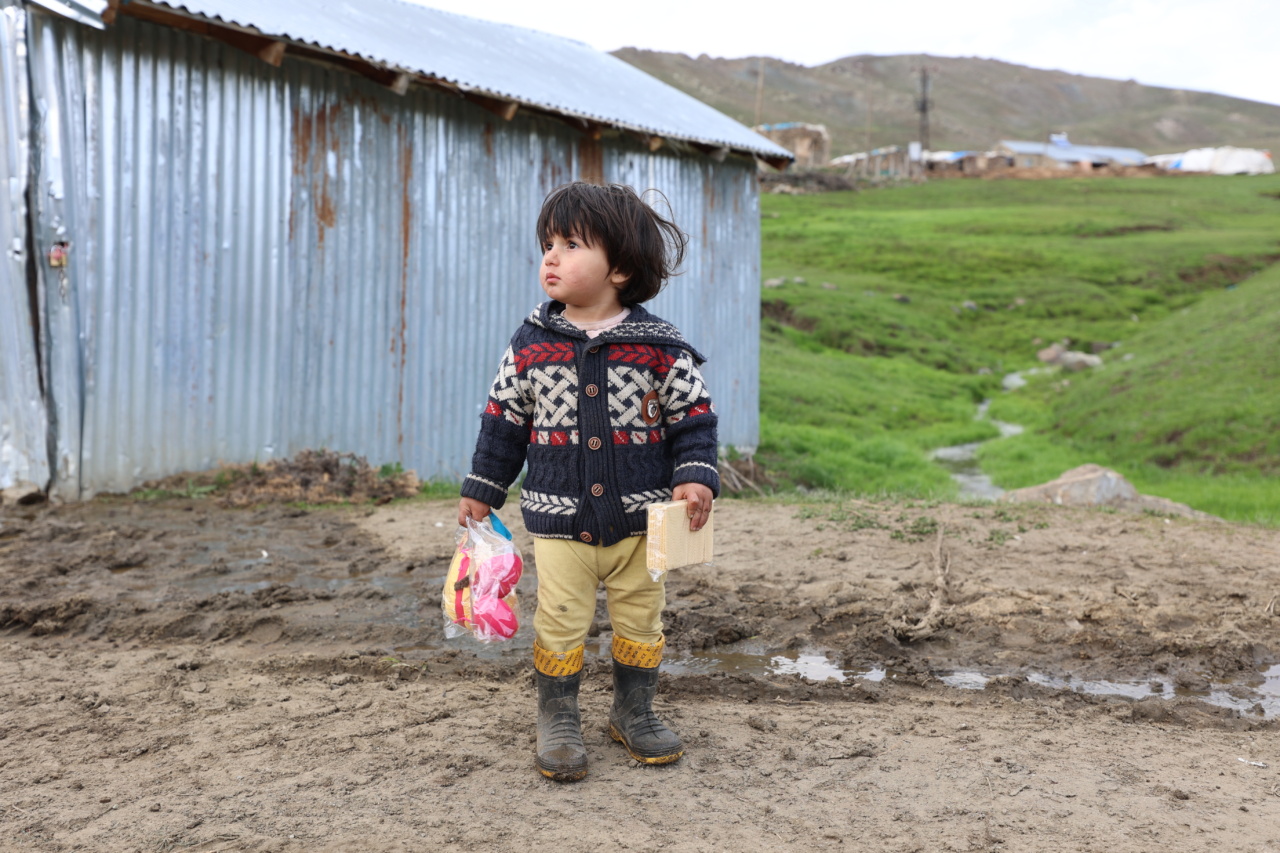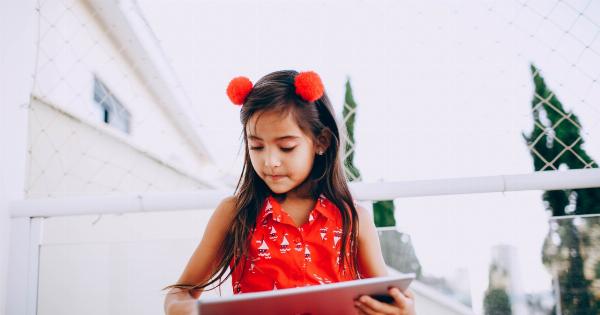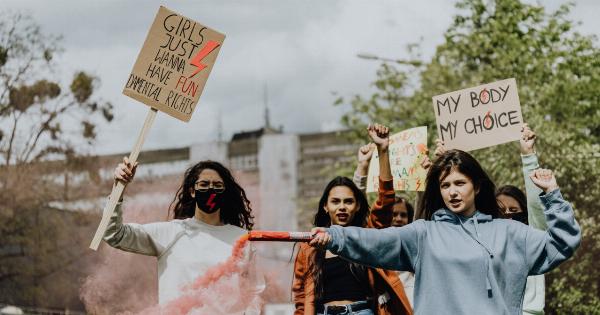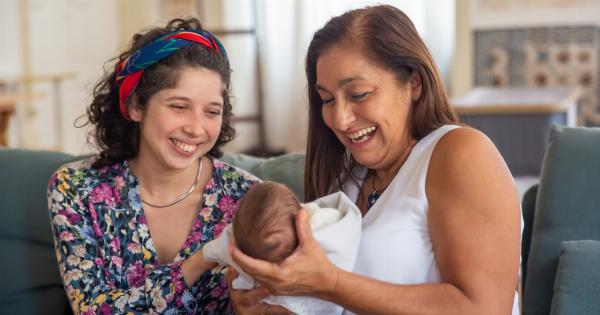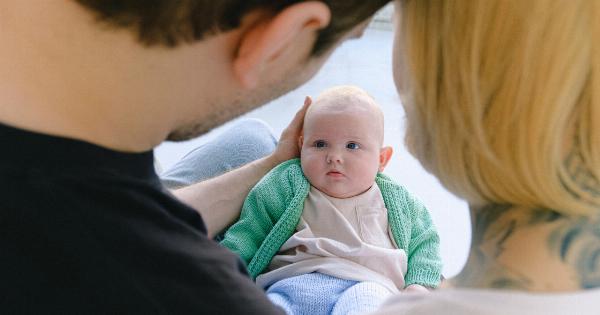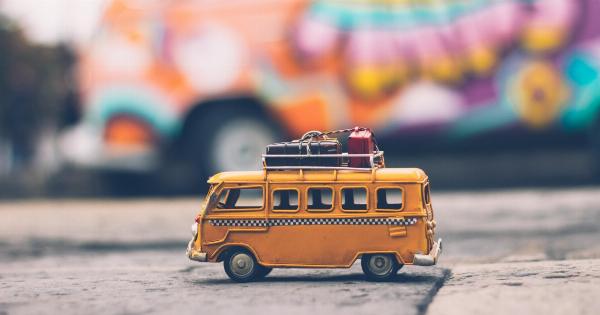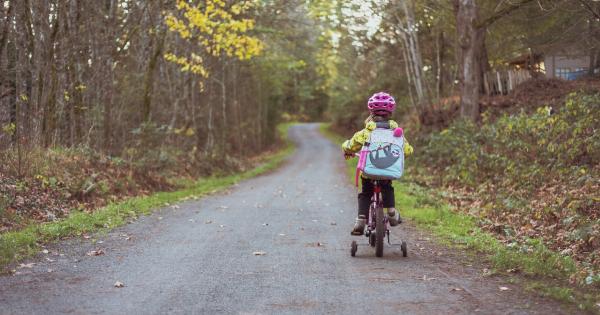Childhood cruelty refers to any form of abuse or mistreatment experienced by children during their early years of development.
It encompasses a wide range of acts, including physical, emotional, and sexual abuse, neglect, bullying, and even witnessing violence between family members. Such acts can have a profound and long-lasting impact on a child’s mental, emotional, and physical well-being, often leading to various psychological and behavioral consequences later in life.
In this article, we will explore the different types of childhood cruelty, its effects, and provide some strategies on how to deal with it effectively.
Types of Childhood Cruelty
Child abuse and mistreatment come in various forms, each leaving a unique mark on the child’s overall development. Here are some of the most common types of childhood cruelty:.
1. Physical Abuse
Physical abuse involves the use of physical force that results in bodily harm or injury to a child. It can include hitting, punching, kicking, burning, or any other act that causes pain or suffering to the child.
Physical abuse not only causes immediate physical injuries but also leaves emotional scars that can affect the child’s sense of safety and well-being.
2. Emotional Abuse
Emotional abuse refers to the persistent negative treatment of a child, such as constant belittlement, humiliation, rejection, or verbal threats.
It can shatter a child’s self-esteem, impair their ability to form healthy relationships, and lead to emotional issues like anxiety, depression, and low self-worth.
3. Sexual Abuse
Sexual abuse involves any form of sexual activity imposed on a child by an adult or an older child. It can include rape, molestation, incest, exposure to adult sexual content, or any other inappropriate sexual behavior.
Sexual abuse leaves deep emotional scars and can lead to psychological disorders, sexual dysfunction, and difficulty forming intimate relationships later in life.
4. Neglect
Neglect refers to the failure of a parent or caregiver to provide the necessary physical, emotional, or educational needs of a child. It can include inadequate nutrition, lack of proper medical care, abandonment, or insufficient emotional support.
Neglected children often suffer from poor physical and mental health, delayed development, and struggle with forming healthy attachments.
5. Bullying
Bullying is the aggressive, intentional act of causing harm, distress, or discomfort to another person, often repeated over time. Although bullying typically occurs among peers, it can also involve adults and authority figures.
Children who experience bullying often face profound social, emotional, and psychological consequences, such as low self-esteem, anxiety, depression, and even suicidal thoughts.
Effects of Childhood Cruelty
The effects of childhood cruelty can be severe and long-lasting. The trauma endured during childhood can impact a child’s overall well-being and development in several ways, including:.
1. Physical Health Issues
Children who experience abuse or neglect may face physical health problems both during childhood and into adulthood.
These can range from chronic pain and fatigue to a higher risk of developing cardiovascular diseases, obesity, and even a shorter lifespan.
2. Emotional and Psychological Consequences
The emotional and psychological consequences of childhood cruelty are often far-reaching.
Children who have been mistreated are more likely to develop mental health disorders such as depression, anxiety, post-traumatic stress disorder (PTSD), and borderline personality disorder (BPD). They may also struggle with trust issues, have difficulties regulating emotions, and exhibit self-destructive behaviors.
3. Impaired Cognitive Development
Childhood cruelty can hinder a child’s cognitive development, including their ability to learn, problem-solve, and concentrate.
The stress and trauma experienced can impair brain development, leading to difficulties in school and affecting their future academic and professional success.
4. Social and Relationship Challenges
Childhood cruelty often impacts a child’s ability to form healthy relationships and establish social connections.
The trust issues and emotional scars left by abuse can make it difficult for them to trust others, leading to isolation and difficulty in developing lasting bonds with peers, romantic partners, and even family members.
Dealing with Childhood Cruelty
While childhood cruelty can have devastating effects, there are strategies that can help children cope and heal from their experiences.
1. Seek Supportive Relationships
Building healthy and supportive relationships is crucial for children who have experienced cruelty.
Encouraging them to confide in and rely on trusted adults, such as teachers, counselors, or extended family members, can provide a safe space for them to express their feelings and receive guidance and support.
2. Therapy and Counseling
Professional therapy and counseling can play a vital role in aiding a child’s recovery from childhood cruelty.
Therapists trained in trauma-informed approaches can help children process their experiences, develop coping mechanisms, and work through the emotional and psychological impact of the abuse.
3. Education and Empowerment
Providing children with age-appropriate education about body autonomy, boundaries, and healthy relationships can help empower them and prevent future instances of cruelty.
Teaching them about their rights and what constitutes abuse can increase their awareness and resilience.
4. Encourage Emotional Expression
Children who have experienced cruelty may struggle with expressing their emotions.
Encouraging them to identify, express, and regulate their emotions through age-appropriate means, such as art, journaling, or sports, can help them navigate and process their feelings in a healthy way.
5. Safety Planning
For children still experiencing cruelty, safety planning is essential. Educate them about safe spaces, trusted adults they can reach out to, and emergency helpline numbers.
Developing a safety plan can help them feel more secure and know how to protect themselves in threatening situations.
Conclusion
Childhood cruelty is a distressing problem that affects the lives of millions of children worldwide. Understanding the different types of cruelty and their potential impacts is crucial for effectively addressing this issue.
By providing support, therapy, education, and empowering children, we can help them heal and build resilience, enabling them to lead healthier and happier lives.
